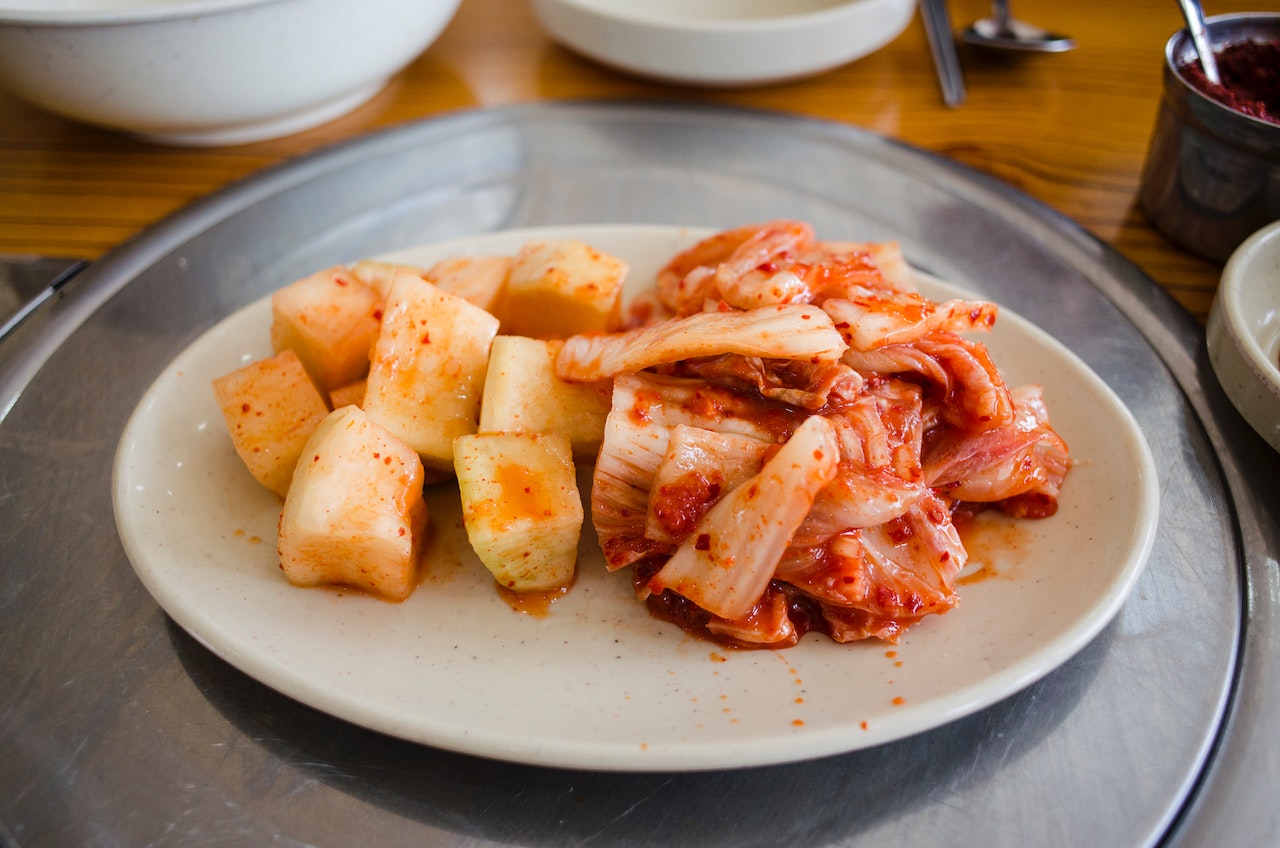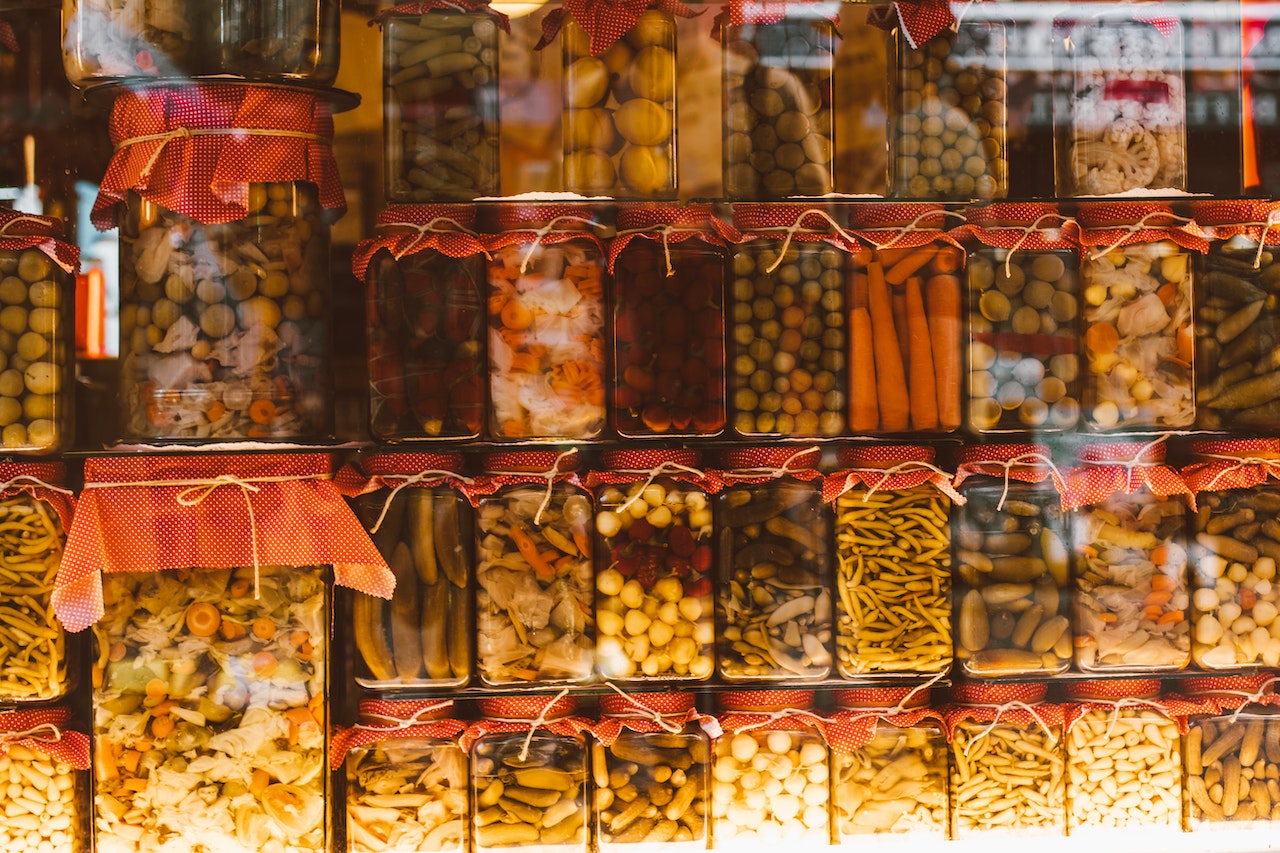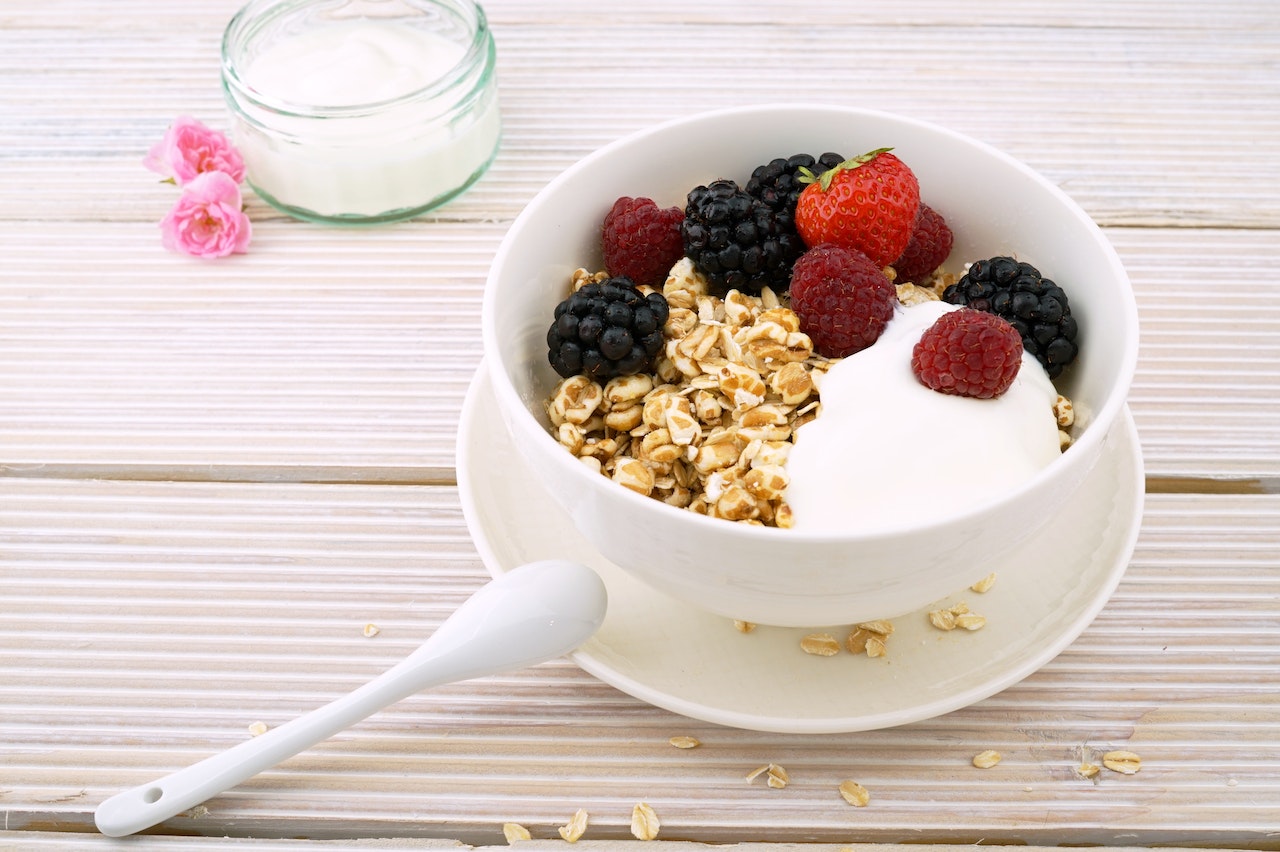Fermentation is in a kind of Golden Age right now, with everyone from health pros to famous actors swearing by it. Adventurous eaters are exploring fermented favorites from around the world, including spicy Korean kimchi and creamy-tart kefir from Eastern Europe. Is it time for you to add exotic fermented foods to your diet?
Are Fermented Foods Good for You?

The big claim to fame of fermented foods is that they contain abundant probiotics — good bacteria that help your gut. Eating plenty of probiotics can boost the numbers of your digestive system’s healthy microbes, so they outnumber and destroy bad bacteria.
A healthy gut can offer many surprising benefits:
- Improved symptoms for IBS, UC and other inflammatory bowel disorders
- Increased mental focus, learning and memory
- Better digestion
- Happier mood with fewer anxiety and depression symptoms
- More robust immune system overall
- Lower cholesterol, blood sugar and blood pressure
- Less inflammation and pain
- Lower risk of heart problems
You probably didn’t imagine that your gut is connected to so many different body systems. A healthy digestive system delivers more good stuff — including antioxidants, nutrients and energy — to your cells.
A List of Popular Fermented Foods To Try

You’re probably already familiar with several fermented foods, including pickles, capers, probiotic yogurt and sauerkraut. If you want to expand your cultural and culinary horizons, however, check out these interesting options:
- Kimchi: A sour and spicy blend of fermented cabbage and other vegetables.
- Miso: A fermented soybean paste with a deep umami flavor. Miso is often used in Japanese cooking, especially soup.
- Kombucha: A fizzy, tangy version of tea with rich flavors and mild sweetness. It’s like supercharged apple cider.
- Tempeh: A firm cake made with fermented soybeans. Many vegans and vegetarians use tempeh as a high-protein meat substitute.
- Kefir: A cultured beverage that tastes like yogurt but isn’t as thick. Many lactose-intolerant people can enjoy kefir.
An Amazing History

Fermented foods aren’t new. Many cultures were already enjoying naturally fermented yogurt from camel, sheep and goat milk 12,000 years ago. People in ancient China learned how to make fermented drinks with a mixture of rice, honey and fruit over 8,000 years ago.
Are Any Fermented Foods Dangerous?

Fermented foods you find at the store are safe for most people. The fermentation process naturally kills harmful bacteria. Of course, like any food, these options aren’t for everyone.
Some people experience digestive discomfort, such as gas and bloating. Pickled foods also tend to be high in salt. Certain fermented foods have histamine, which can cause intolerance symptoms in sensitive individuals, including headaches, rash, low blood pressure, breathing problems and other side effects.
Here are a few tips for avoiding problems:
- Keep an eye on salt levels
- Buy unsweetened or low-sugar versions
- Be careful if you have a soy, dairy or gluten allergy
- Start small when eating fermented foods
- Avoid homemade fermented foods unless the person making them is experienced
Not all yogurt is good for your gut. Look for options specifically marketed as probiotic yogurt, which generally contains healthful strains of Lactobacillus acidophilus and Bifidobacterium bifidum.
The Bottom Line

Whether you love the taste or mainly care about the health benefits, it’s worth learning more about these sour superstars. Probiotics are especially helpful after taking antibiotics. They help restore your body’s defenders quickly.
